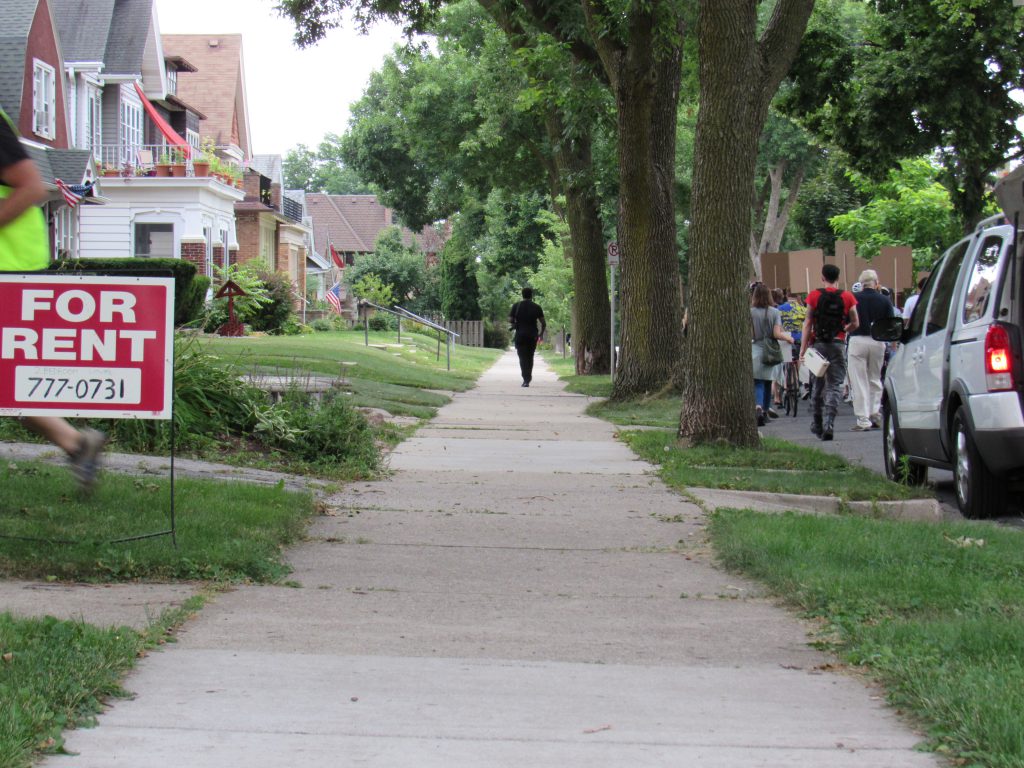Is the Eviction Moratorium Enough?
Some tenants may not be protected, and rental assistance still needed to pay back-rent.
One the first actions of the Biden administration was the move by the Centers for Disease Control and Prevention (CDC) to extend the federal moratorium on evictions, which was extended from last September to March 31, 2021. The moratorium is designed to protect tenants from being evicted during the COVID-19 pandemic, but it may not provide enough protection for Wisconsin’s struggling renters.
“Wisconsin renters should know that they are not automatically entitled to protections under the CDC order,” says Lara Sutherlin, an administrator with the Department of Agriculture, Trade and Consumer Protection (DATCP). “We encourage Wisconsin tenants who are struggling to make rent payments to seek this important relief by submitting their request in writing to their landlord.”
For renters, or landlords, who have questions, DATCP has a webpage of frequently asked questions for reference.
“The economic fallout from the pandemic has resulted in housing insecurity for many Wisconsinites,” said Wisconsin Attorney General Josh Kaul. “I’m glad the eviction moratorium has been extended. Those who need eviction relief should connect with state and local resources in order to utilize the emergency rental assistance available.”
Housing activists working in cities like Milwaukee feel the federal actions do not provide enough relief for struggling renters.
Robert “Bobby” Penner, an organizer with the Milwaukee Autonomous Tenants Union (MATU), says the federal extension is not enough. “It is only a half-measure,” Penner tells Wisconsin Examiner. “Rent forgiveness and cancellation need to be on the agenda. People are accumulating thousands of dollars in back rent right now that they will be unable to pay without major government intervention when the eviction moratorium is finally allowed to expire.”
That month saw a sharp spike in eviction filings, many from property owners who concentrate their business in low-income neighborhoods. During August of 2020, more than 1,300 eviction filings found their way to Milwaukee-area courts. That was after more than 1,100 evictions were filed in May, as the economic toll of the pandemic began to set in.
Penner condemns these practices, and worries about the lack of legal recourse for tenants. “If landlords are still taking aim at the poorest and most vulnerable people during the moratorium,” he adds, “what makes anybody think they are not going to immediately evict tenants who are still behind on rent due to COVID, when the moratorium is over?”
Reprinted with permission of Wisconsin Examiner.




















